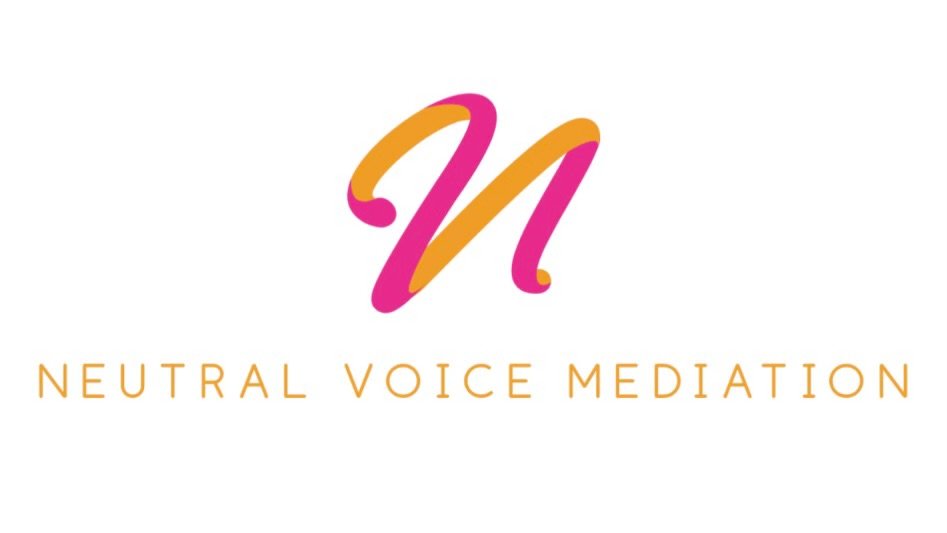Exploring the Differences: Mediation vs. Going to Court
In the realm of conflict resolution, there are various pathways available to parties seeking resolution for their disputes. Two commonly considered options are mediation and going to court. However, despite their shared goal of resolving conflicts, mediation and litigation represent distinct approaches with unique characteristics and outcomes. In this blog post, we'll delve into the differences between mediation and going to court to help you better understand which option may be most suitable for your situation.
Mediation: A Collaborative Approach
Mediation is a voluntary and confidential process in which a neutral third party, the mediator, facilitates communication and negotiation between the parties involved in a dispute. Unlike litigation, which involves formal legal proceedings and court appearances, mediation offers a more informal and collaborative environment for resolving conflicts.
Key Features of Mediation:
Voluntary Participation: Parties enter into mediation voluntarily and have the freedom to withdraw from the process at any time.
Empowerment and Ownership: In mediation, parties retain control over the outcome of their dispute and actively participate in crafting mutually acceptable solutions.
Confidentiality: Mediation proceedings are confidential, providing a safe space for parties to discuss sensitive issues openly and without fear of repercussions.
Flexibility: Mediation allows parties to explore creative solutions that may not be available through traditional legal processes, leading to outcomes tailored to their specific needs and interests.
Going to Court: Adversarial Proceedings
In contrast to mediation, going to court involves initiating formal legal proceedings before a judge or jury to resolve a dispute. Litigation is often characterized by adversarial tactics, legal arguments, and the presentation of evidence to support each party's case.
Key Features of Going to Court:
Formal Legal Process: Litigation follows established legal procedures and rules of evidence, with court hearings, legal pleadings, and potentially lengthy trial proceedings.
Decision by Judge or Jury: In court, a judge or jury renders a binding decision on the outcome of the dispute based on applicable laws and evidence presented.
Public Record: Court proceedings are typically a matter of public record, meaning that information disclosed during the process may become part of the public domain.
Limited Control: Parties relinquish a degree of control over the outcome of their dispute in litigation, as the decision ultimately rests in the hands of the judge or jury.
Choosing the Right Path
When deciding between mediation and going to court, it's essential to consider factors such as the nature of the dispute, the desired outcome, and the parties' willingness to collaborate. While litigation may be appropriate for certain cases involving complex legal issues or irreconcilable differences, mediation offers a flexible, empowering, and often more cost-effective alternative for resolving conflicts amicably and preserving relationships.
Conclusion: A Matter of Choice
In conclusion, while mediation and going to court both serve as means of resolving disputes, they represent fundamentally different approaches with distinct advantages and considerations. Ultimately, the decision of whether to pursue mediation or litigation depends on the specific circumstances of each case and the preferences of the parties involved. By understanding the differences between these two options, parties can make informed choices that lead to effective and sustainable resolution of their conflicts.

